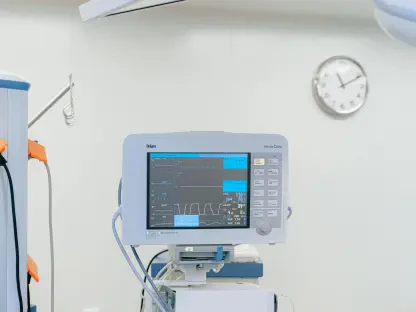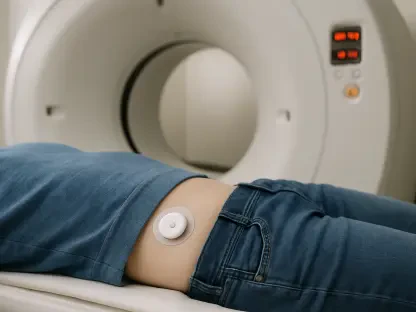In a quiet corner of Hopkinsville, Kentucky, a medical breakthrough is offering renewed hope to families grappling with the devastating impact of Alzheimer’s disease, a condition that affects millions across the nation and often leaves loved ones searching for answers. Jennie Stuart Health Neurology has emerged as a beacon of progress by introducing cutting-edge advancements in both the diagnosis and treatment of this progressive neurological disorder. This development is not just a local achievement but a reflection of a larger movement within healthcare to prioritize early intervention and innovative therapies. By focusing on tools and treatments that address Alzheimer’s at its core, the clinic is transforming the way patients and families face this challenging diagnosis. The significance of these advancements lies in their potential to alter the trajectory of the disease, providing a window of opportunity for better planning, improved quality of life, and extended independence for those affected.
Revolutionizing Early Detection with Advanced Testing
The cornerstone of Jennie Stuart Health Neurology’s approach to Alzheimer’s care is the introduction of the pTau 217 lab test, a sophisticated diagnostic tool that allows clinicians to identify the disease in its earliest stages, often before symptoms become apparent. This test represents a monumental shift in how Alzheimer’s is approached, as early detection is widely regarded as a critical factor in managing the condition effectively. By catching the disease before significant cognitive decline occurs, patients and families can engage in proactive planning and begin treatments that may slow progression. Meg Norsworthy, an Advanced Practice Registered Nurse at the clinic, has emphasized that such early intervention enables better preservation of a patient’s quality of life. This focus on preemptive diagnosis aligns with broader medical consensus that tackling Alzheimer’s early can make a substantial difference in outcomes, offering a glimmer of control over a condition that has long been considered inevitable once diagnosed.
Innovative Therapies Targeting the Root of Alzheimer’s
Beyond diagnostics, Jennie Stuart Health Neurology is breaking new ground with infusion therapies designed to combat the underlying causes of Alzheimer’s rather than merely alleviating symptoms. These treatments specifically target amyloid plaque deposits in the brain, which are a primary contributor to memory loss and cognitive deterioration. By reducing these deposits, the therapies hold the promise of slowing or even halting the disease’s progression, allowing patients to retain their memories and independence for longer periods. Dr. Paresh Sheth, a neurologist at the clinic, has described this as a pivotal moment in Alzheimer’s care, marking the first time treatments address the disease’s root mechanisms. Meanwhile, Eric Lee, Chief Administrative Officer, has expressed pride in the clinic’s commitment to bringing such advanced care to the local community, reducing the burden of travel for specialized treatment. This dual approach of early detection and targeted therapy underscores a transformative era in neurological care, reflecting a dedication to both scientific innovation and compassionate, accessible healthcare delivery.









